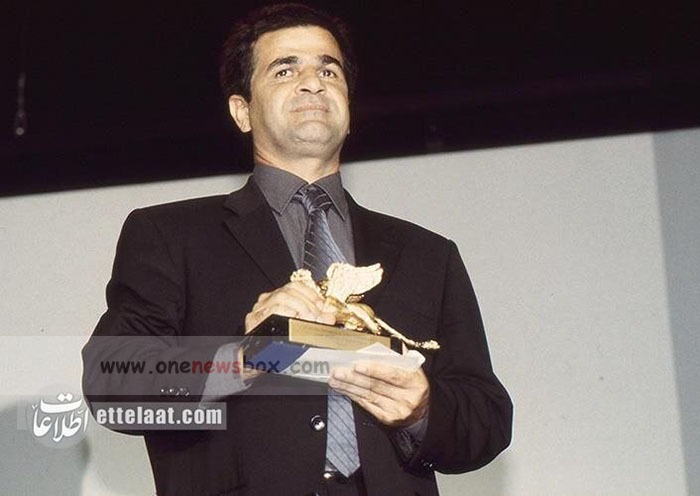Panahi’s unique ability to work under constraints has revolutionized the way films are made. His style—marked by long takes, non-actors, open-ended narratives, and metafictional techniques—has influenced a generation of Iranian and international filmmakers. His stories are not only about Iran; they are about the universal struggle for dignity, justice, and the right to speak.
Conclusion
Jafar Panahi’s life and work are testament to the power of cinema as both art and resistance. From his early days in Mianeh with an 8 mm camera to the grand stages of Cannes, Berlin, and Venice, he has remained committed to portraying the truth, no matter how inconvenient or dangerous it may be. In a country where filmmakers are often silenced, Panahi’s voice has endured—not through loud slogans or political posturing, but through deeply human stories that speak across borders.
His films ask difficult questions and offer no easy answers. They are shaped by compassion, courage, and an unwavering belief in the possibility of change. In doing so, Jafar Panahi has not only redefined Iranian cinema but also reimagined the role of the artist in a troubled world.

